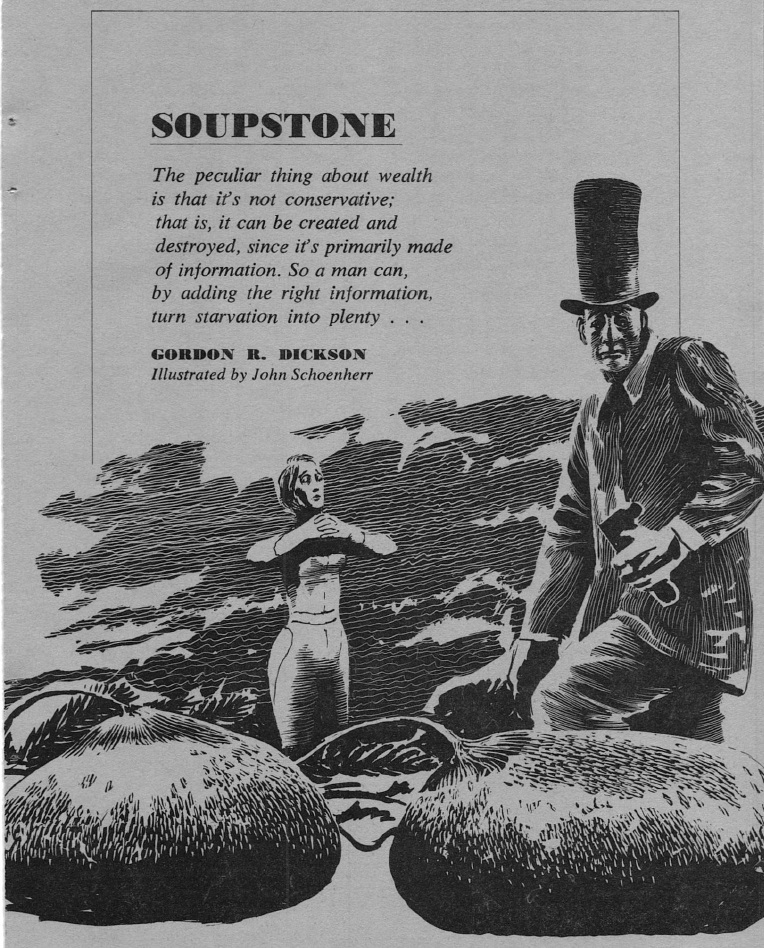
by Gideon Marcus
Good News and Bad News
The ancient Persians believed in two roughly co-equal deities: Ormazd, the God of Creation and Light, and Ahriman, the God of Destruction and Darkness. Unlike, say, the dual concept of the Chinese Yin and Yang, one was decidedly good and the other bad. Indeed, these twin deities may have inspired the near parity of the Christian God and Satan.

Apparently, these forces hold sway even today. This month's Analog started off so well, it bid fair to be a contender for best magazine of the month. Then about half way, the influence of Ahriman took ascendance, and the issue faded away to a truly dreadful ending. Ah well. I come not to bury John Campbell but to review him. At least we start with the good stuff…
Mixed Bag

by John Schoenherr
The Wings of a Bat, by Paul Ash
Anyone who's anyone knows that Paul Ash is really Pauline Ashwell, one of 1958's Hugo nominated Best New Writers — and boy, she's still just great.
Her latest tale stars a middle-aged doctor cum veterinarian stationed at Indication One on the shores of Lake Possible. Cycads and dinosaurs dominate the landscape, and with good reason: Indication One is based sometime in the Cretaceous! Against all of his instincts and inclinations, said doctor is tasked with raising a baby pteranadon named Fiona.
Part country vet story, part mining camp adventure, this tale is by turns and sometimes simultaneously witty and exciting. I loved it so much, I immediately read it a gain, this time aloud to the family as their bedtime story on two consecutive nights.
If this doesn't get nominated for the Hugo and/or the new SFWA Nebula awards, there's something wrong with the universe. Five stars!
Call Him Lord, by Gordon R. Dickson

by Kelly Freas
Centuries from now, when Earth is just one of many hundreds of human planets, the crown prince of the Empire is dispatched to humanity's cradle for a tour. One man is tasked to be his bodyguard, escorting the arrogant man-child as he rides, wenches, and bullies his way across the countryside. But is this a mere sight-seeing tour…or a test?
While the story is slightly overdrenched in testerone and stoic manliness, Dickson is an excellent writer and his tale compels. I dug it. Four stars.
The Meteorite Miners , by Ralph A. Hall, M.D.

Earth has been the site of countless meteor impacts, many of them secondary strikes of ejecta loosed from prior events. What we learn from the mineral concentrations at these craters can tell us a lot about the primordial history of our planet…and even the universe.
It's a fascinating topic, and it should have gripped me, but the presentation was a bit too abstruse and disjointed to hold my attention. It took me several sessions to finish.
Three stars.
Titanium – The Wonder Metal (uncredited, but probably John W. Campbell, jr.
The piece is followed by another non-fiction article, this time a more lay-oriented essay on titanium, what makes it great, and what made it so hard to use economically.
It's fine. Three stars.
Two-Way Communication, by Christopher Anvil

by Kelly Freas
When an inventor develops a universal receiver that allows the owner to transmit right into an announcer's microphone, chaos ensues. Is it the ultimate democracy or a recipe for anarchy?
In this cute story, Anvil argues the former. With constant and immediate input (and censure) the vast wastelands of radio and television are made verdant with quality programming. The author forgets two important factors: 1) most TV and much radio isn't live these days, so interruptions at the source wouldn't have as much effect as depicted — this isn't 1951 after all; 2) people are jerks — interruptions would be constant and annoying.
Still, it was not unpleasant reading. Call it a low 3 stars. Ormazd and Ahriman are wrestling, but neither has ascendance. Yet.
Under the Wide and Starry Sky…, by Joe Poyer

by Leo Summers
In this edge-of-the-future story (indeed, the depicted Gemini 9 mission is scheduled to occur less than three weeks from now), one astronaut is lost during an extravehicular jaunt. His partner must use all of his wits to rescue him before their oxygen and fuel run out.
Joe Poyer has written a couple of other stories for Analog, both of which showed a fair ability when it came to depicting technology but little talent for characterization or detailed plot. Starry Sky plays to the author's strengths, presenting a nice little Marooned-esque tale in a vivid fashion. It ends quickly enough that you don't mind where it's undeveloped.
Three stars. There are stars of light among the black sky.
The Alchemist, by Charles L. Harness

by Kelly Freas
Ah, here's where it all goes to Hell. This long, flip, utterly unengaging tale manages to combine alchemy, psionics, making the Russians look stupid, and making scientists look stupid, all in one sure-to-please-the-editor package.
This is truly an example of Ahrimanic possession as the last story by the author was one I liked very much. But The Alchemist? One star. Feh.
Doing the math

Geraldine "Gerry" Myers, mathematician at the Mission Planning and Analysis Division at the Manned Space Craft Center in Houston
As might be expected from such a violent collision of positive and negative forces, the whole thing ends up about a wash: 3.1 stars. This puts it above IF and New Worlds (3 stars) as well as Worlds of Tomorrow (2.6)
The May 1966 Analog finishes below Impulse (3.2), Fantasy and Science Fiction (3.5), and the astonishing, but mostly reprints, Fantastic (4). Thus, Analog is the dead median for this month!
Nevertheless, it has contributed two stories to one of the best months for 4 and 5 star material since the Journey began. You could fill three big magazines with nothing but excellent stuff.
Women did so-so in April, only writing ~6% of new material, though Judy Merril had a good reprint in Impulse.
And so, the battle between good and bad (quality) continues. Will Ormazd be ascendant next month? Or will Ahriman have the final laugh? Stay tuned…
[Don't miss the next (and FINAL) episode of The Journey Show:
1966 and the Law — smut, marriage, voting rights, justice, and more. With Erica Frank and Ethan Marcus! With special musical guest, Nanami!


![[April 30, 1966] Ormazd and Ahriman (May 1966 <i>Analog</i>)](https://galacticjourney.org/wp-content/uploads/2021/04/660430cover-672x372.jpg)



![[March 31, 1966] Shapes of Things (April 1966 <i>Analog</i>)](https://galacticjourney.org/wp-content/uploads/2021/03/660331cover-500x372.jpg)


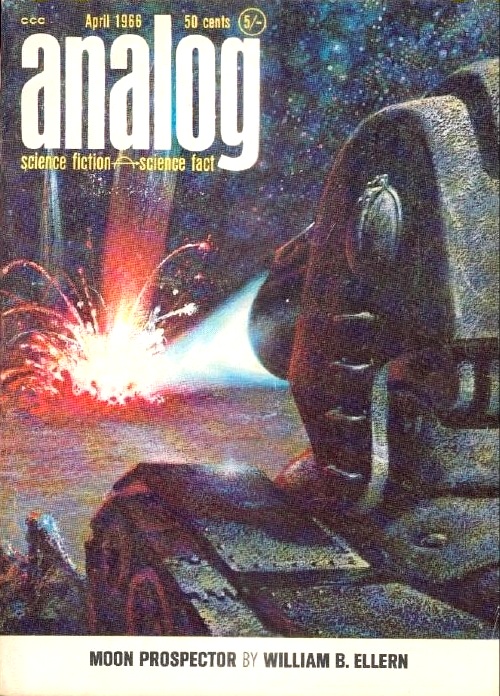

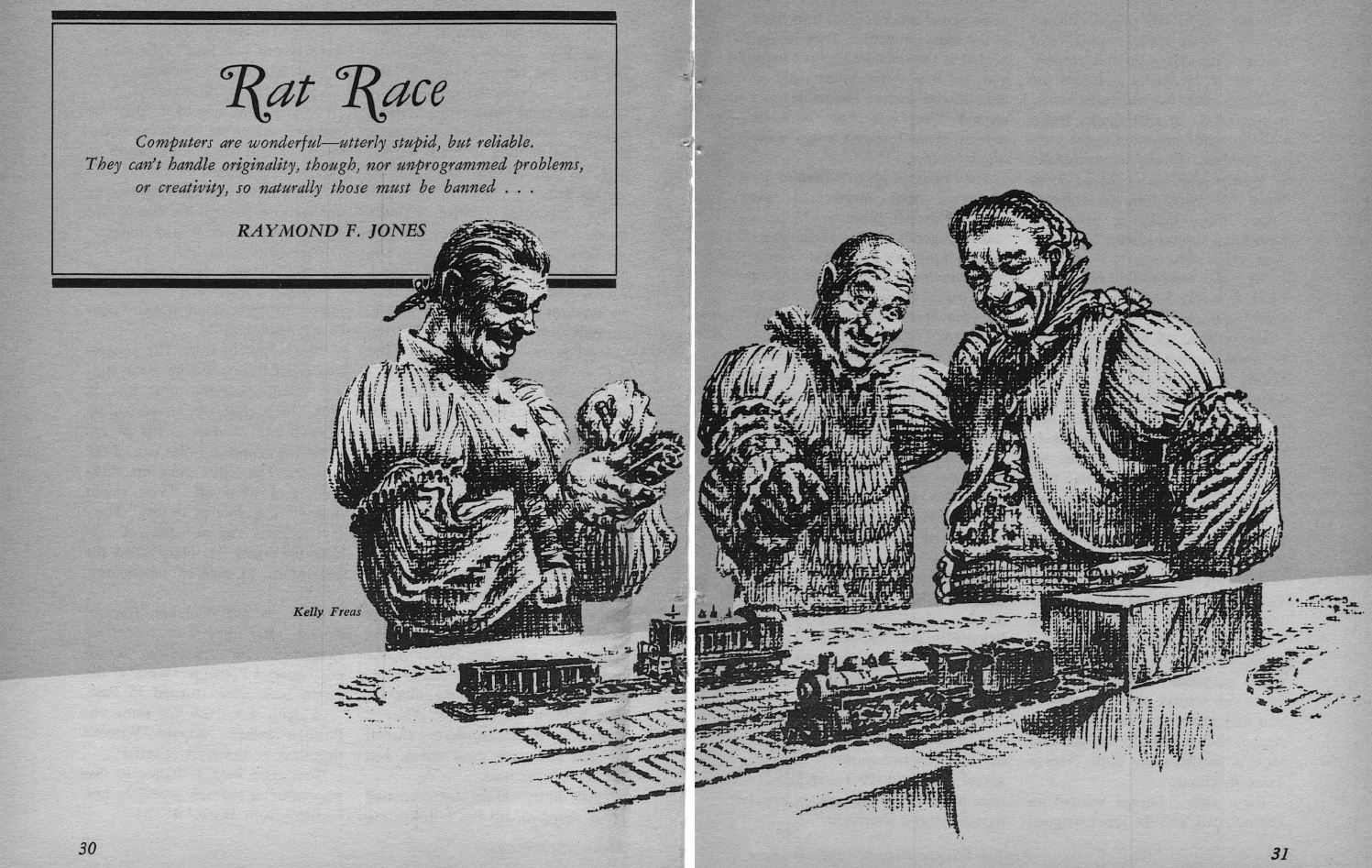


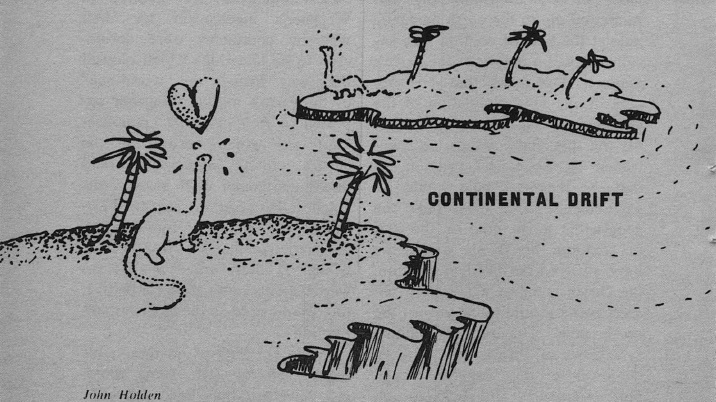

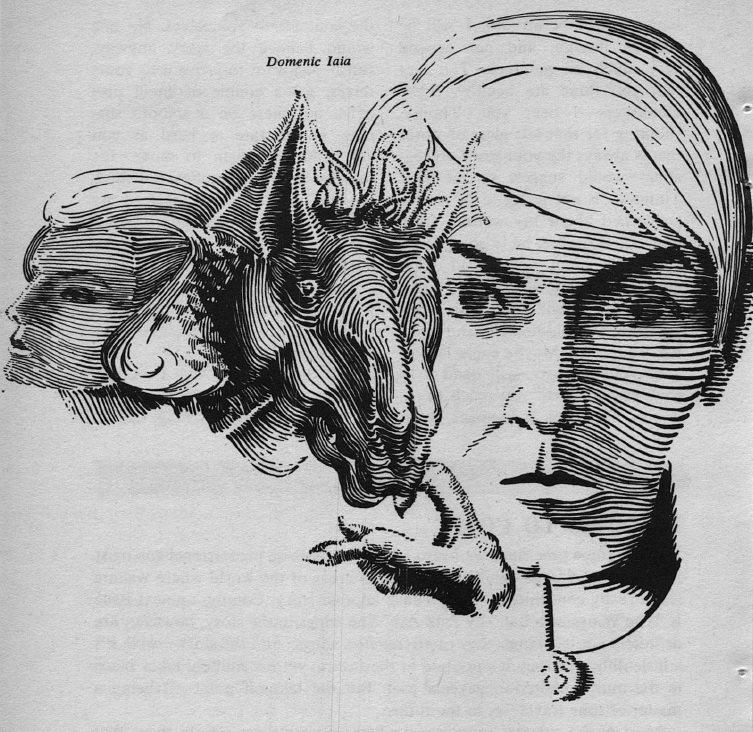











![[January 31, 1966] Milk of Magnesia (February 1966 <i>Analog</i>)](https://galacticjourney.org/wp-content/uploads/2021/01/660131cover-672x372.jpg)
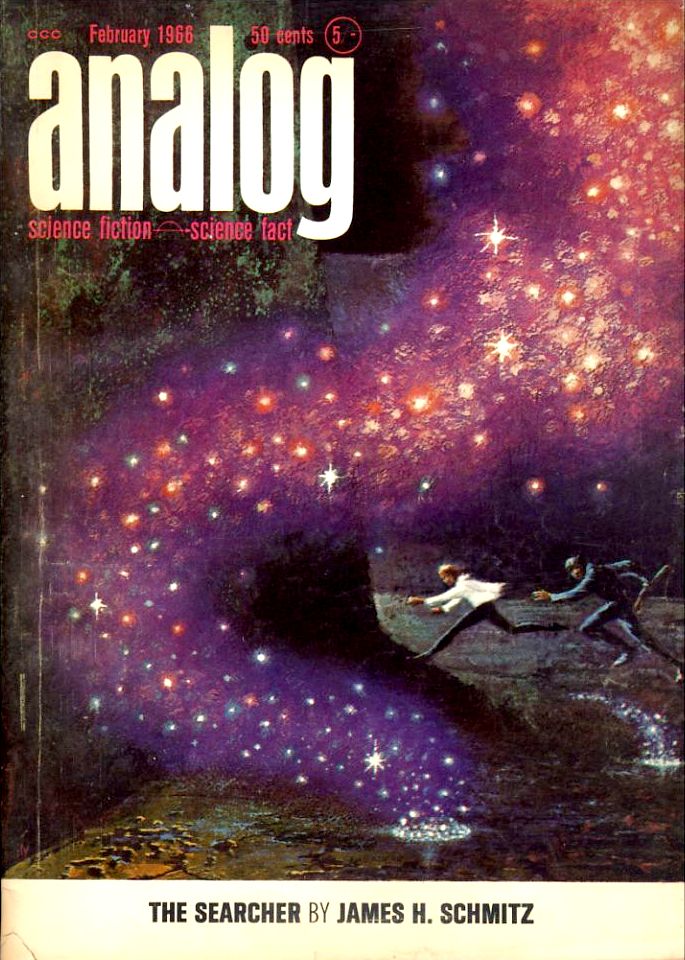
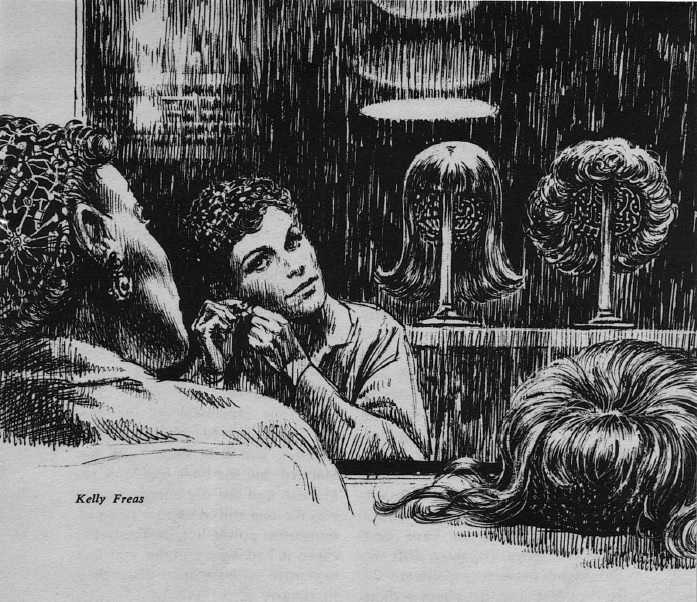
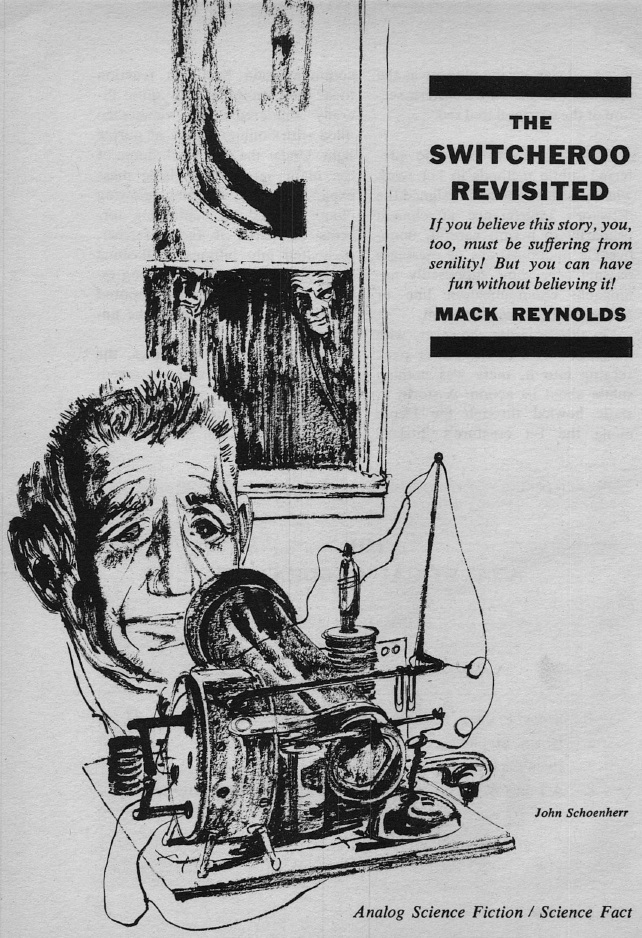
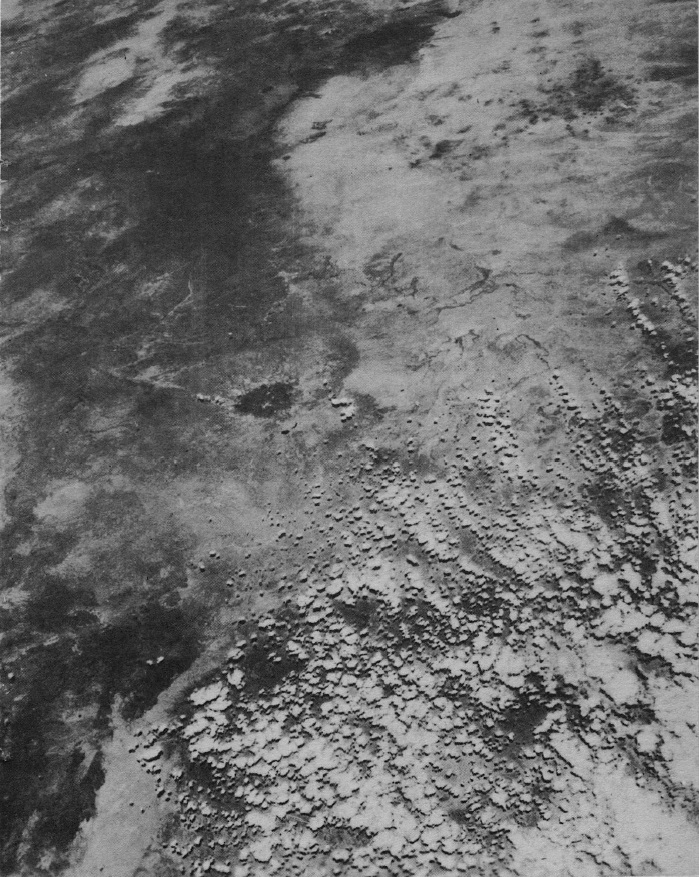
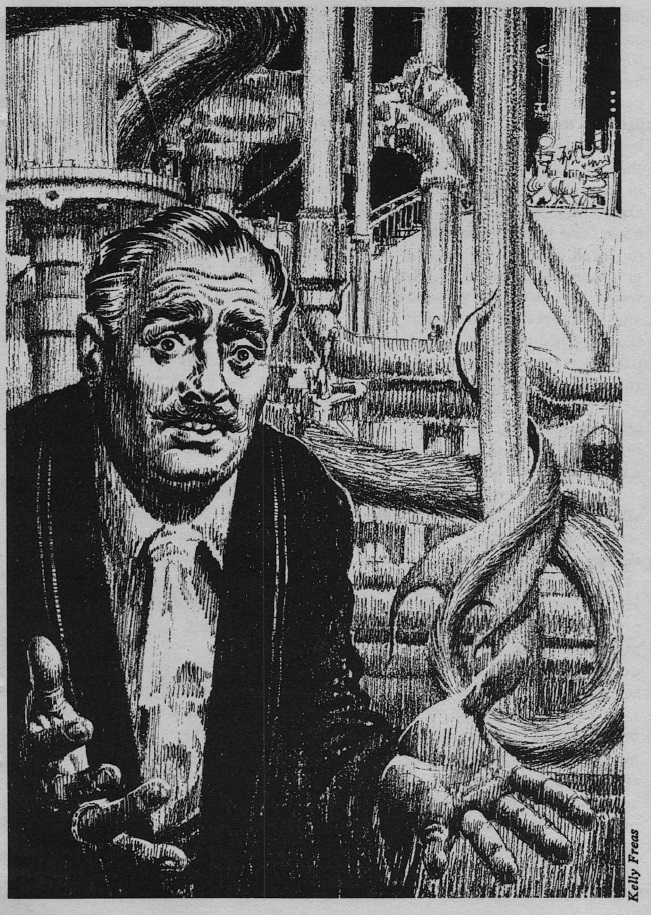
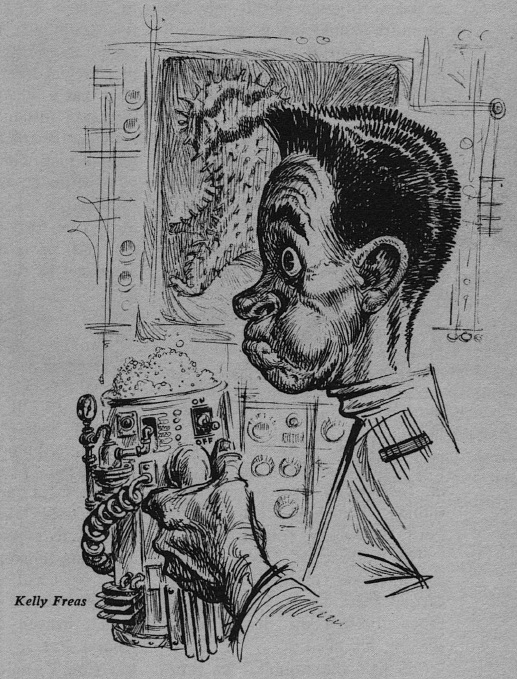

![[December 31, 1965] Untermag (January 1966 <i>Analog</i>](https://galacticjourney.org/wp-content/uploads/2020/12/651231cover-600x372.jpg)
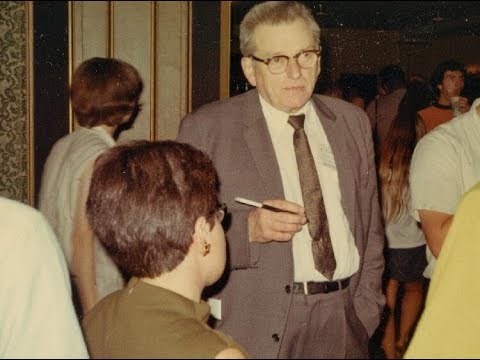
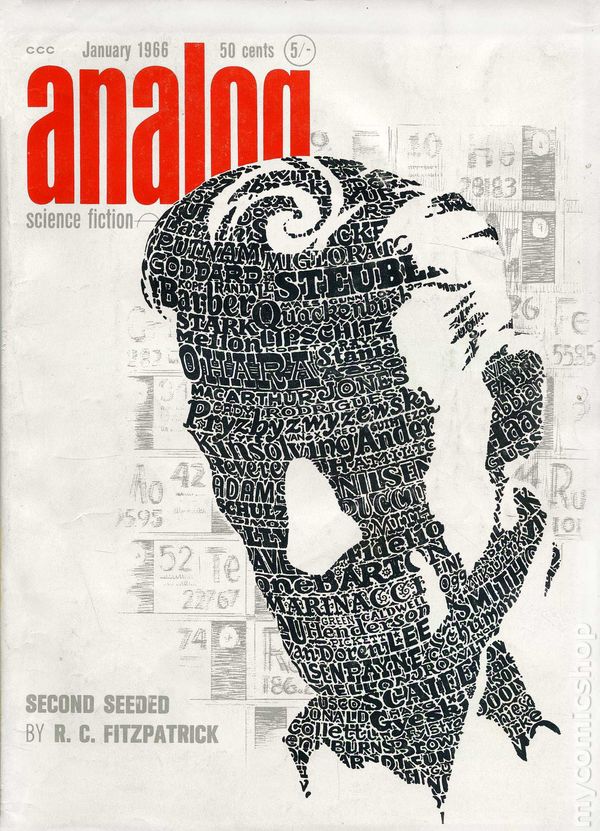

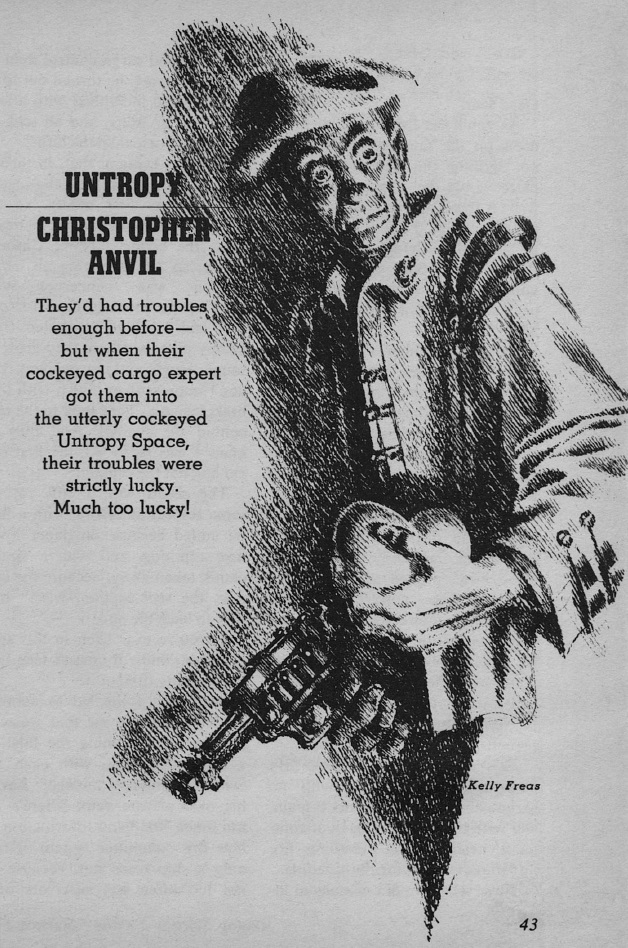

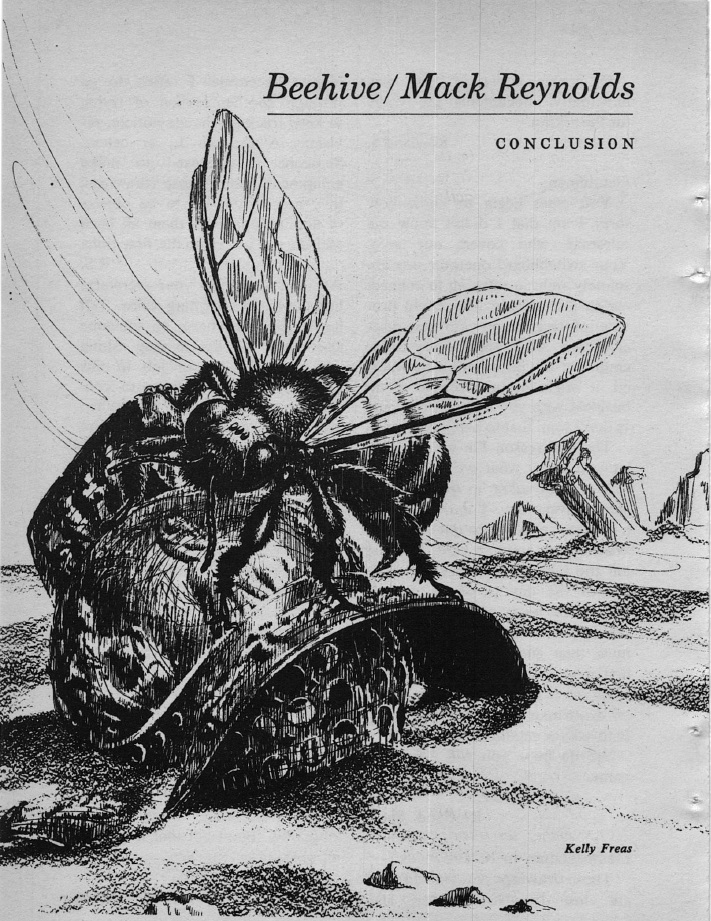


![[November 30, 1965] War is Swell (December 1965 <i>Analog</i>)](https://galacticjourney.org/wp-content/uploads/2020/11/651130cover-672x372.jpg)
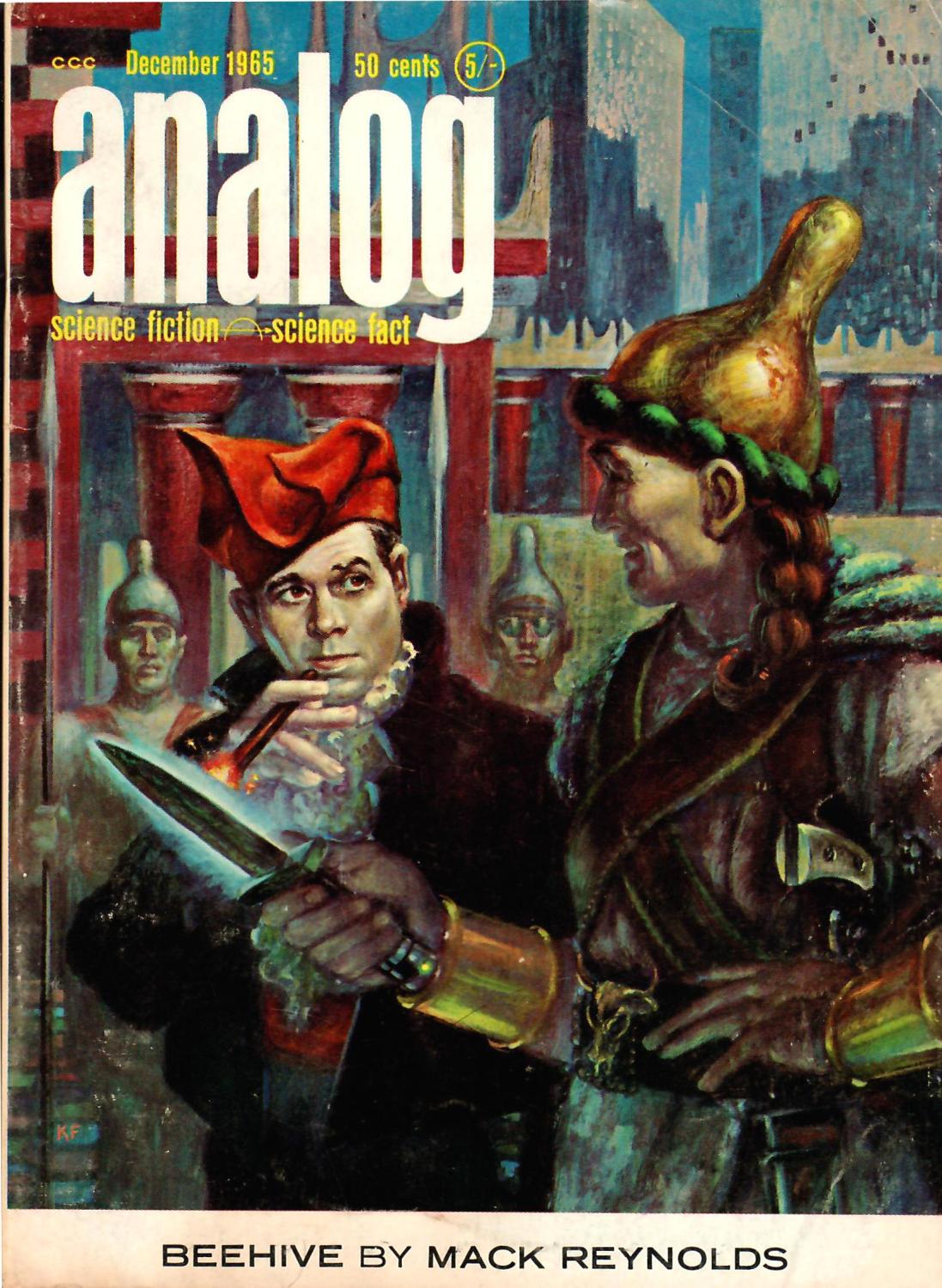
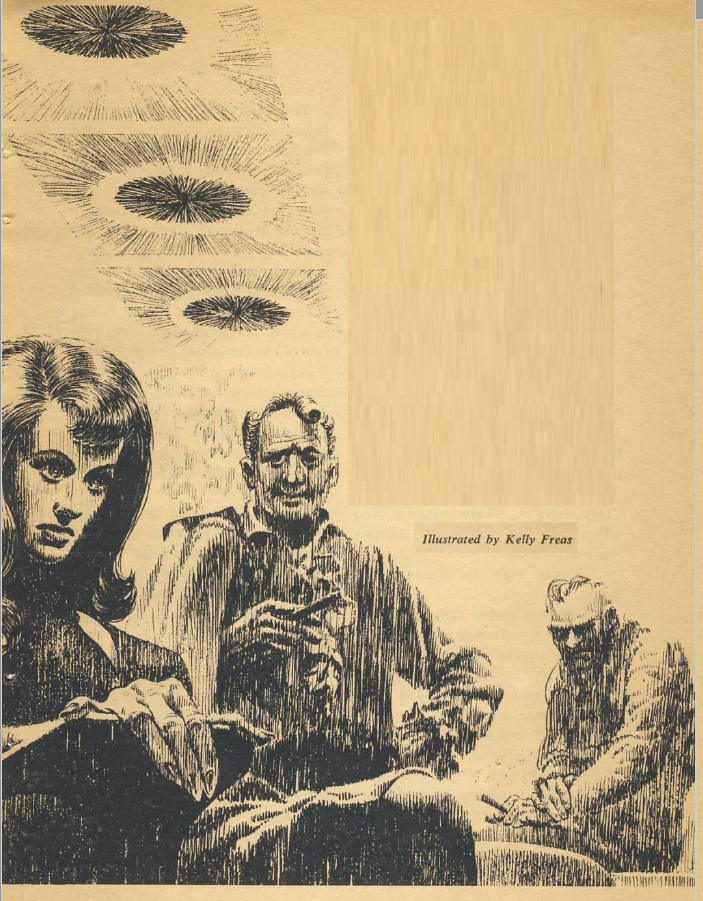


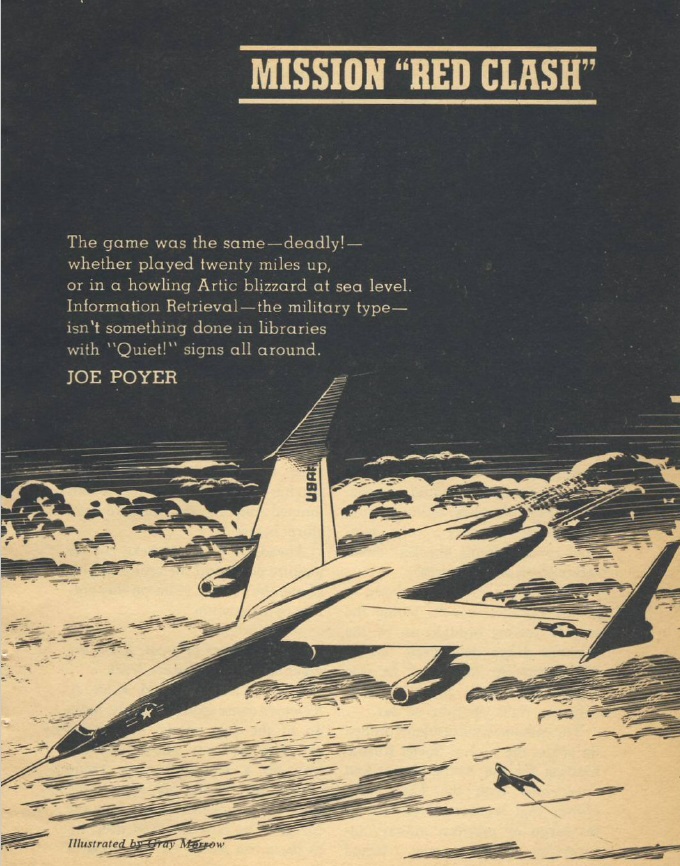
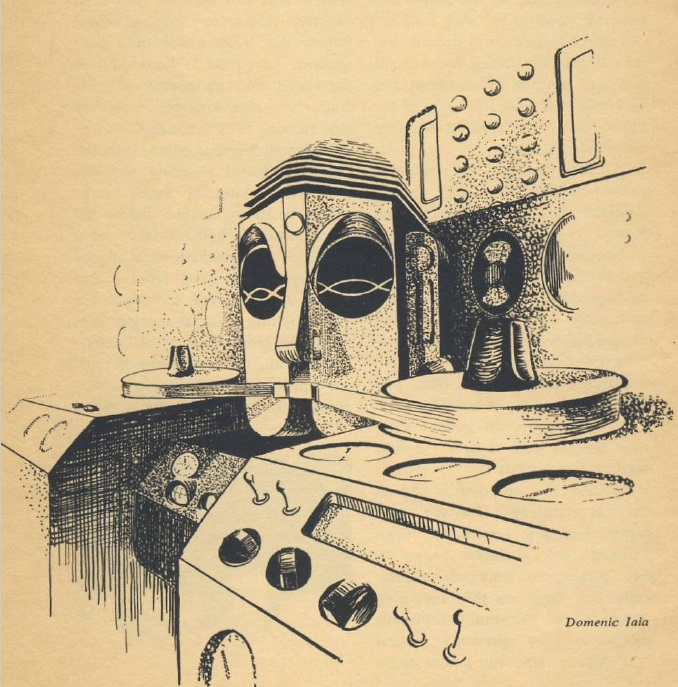

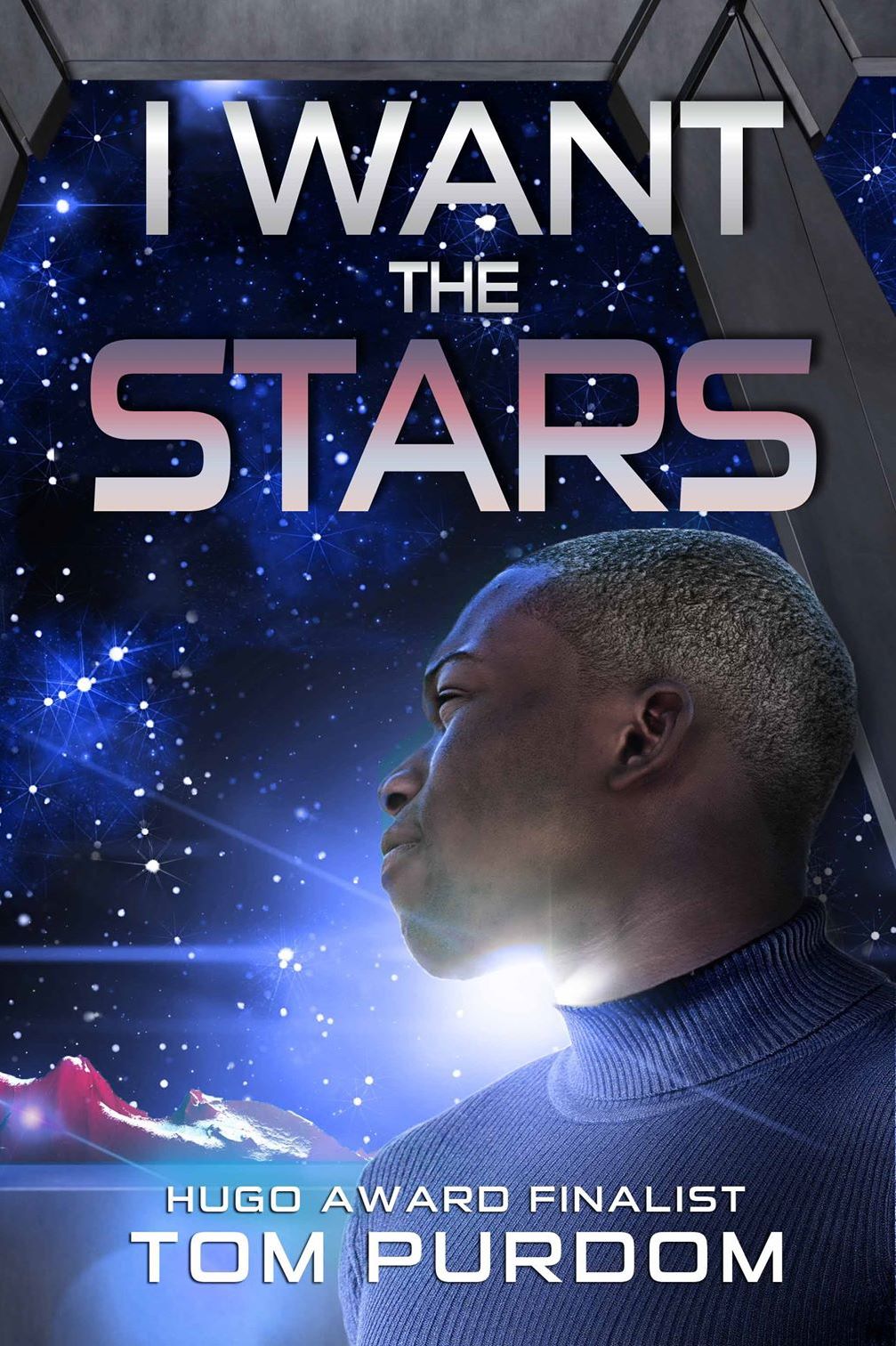
![[October 31, 1965] Finished and Unfinished Business (November 1965 <i>Analog</i>)](https://galacticjourney.org/wp-content/uploads/2020/10/651031cover-672x372.jpg)


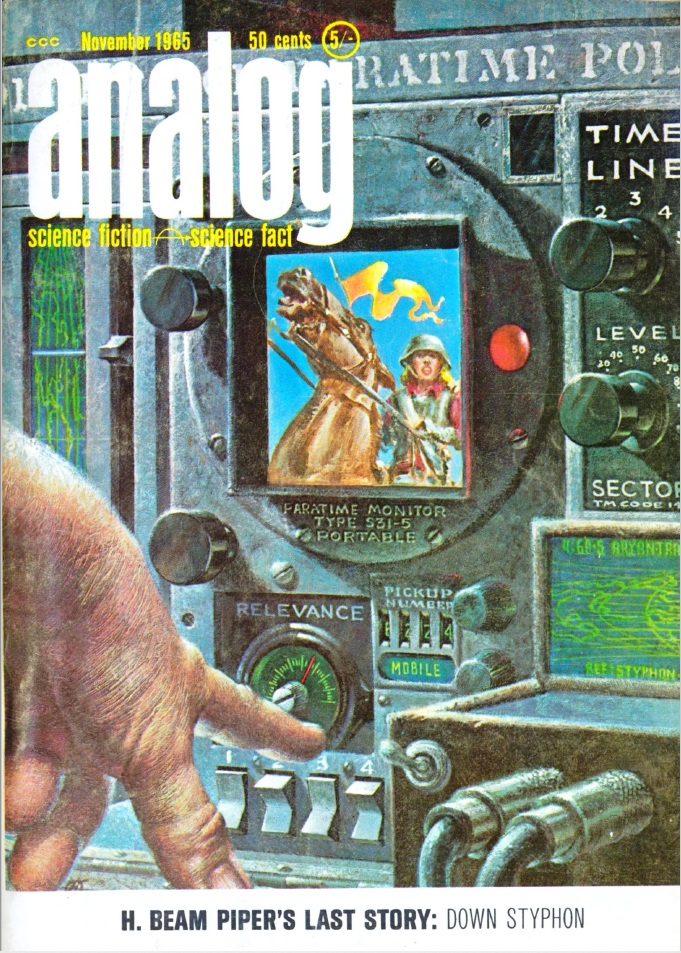
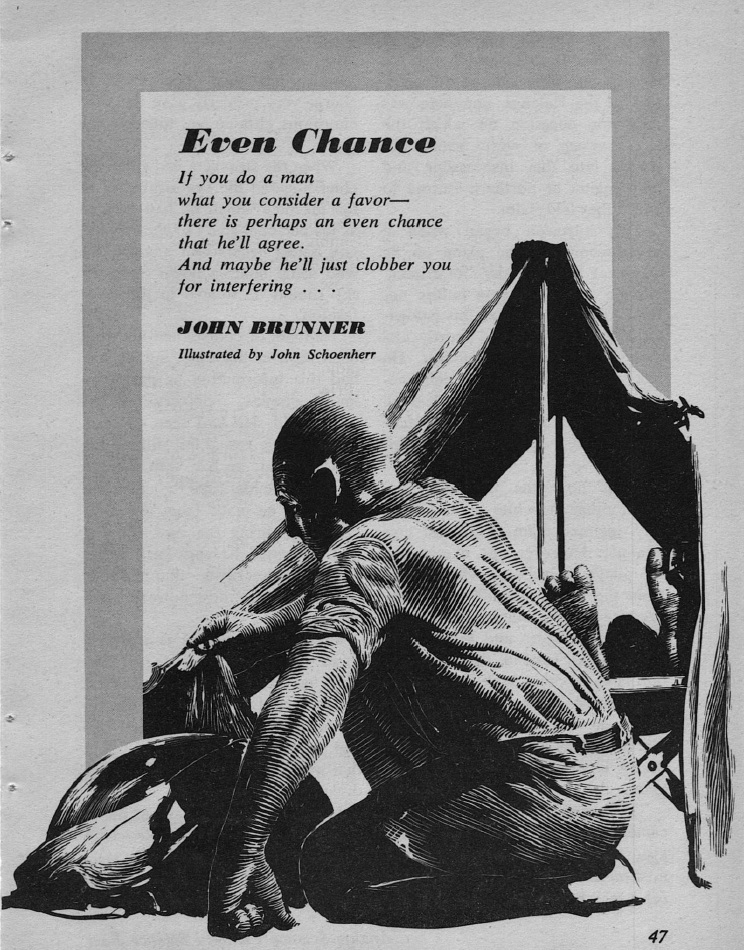
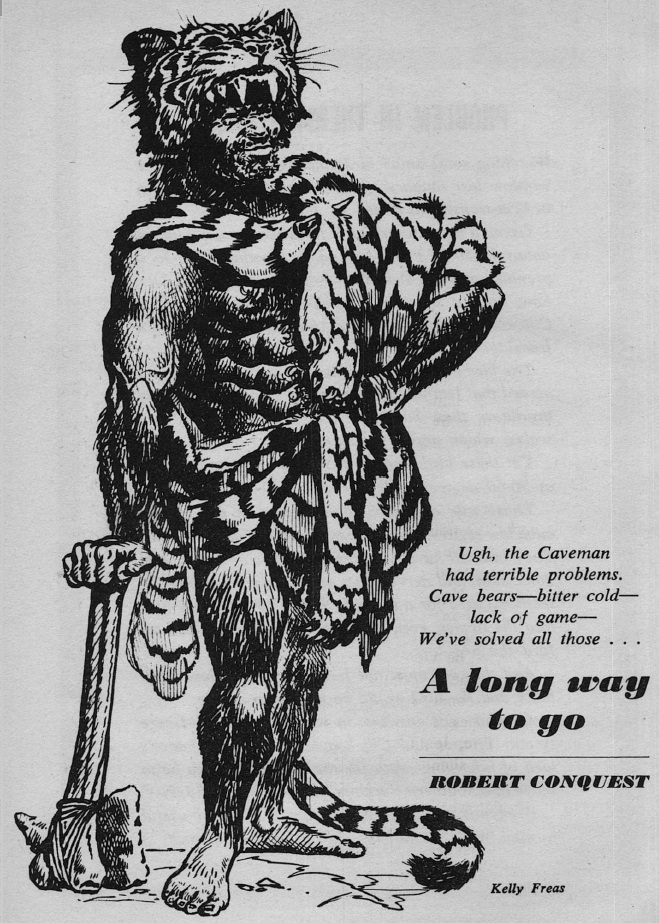
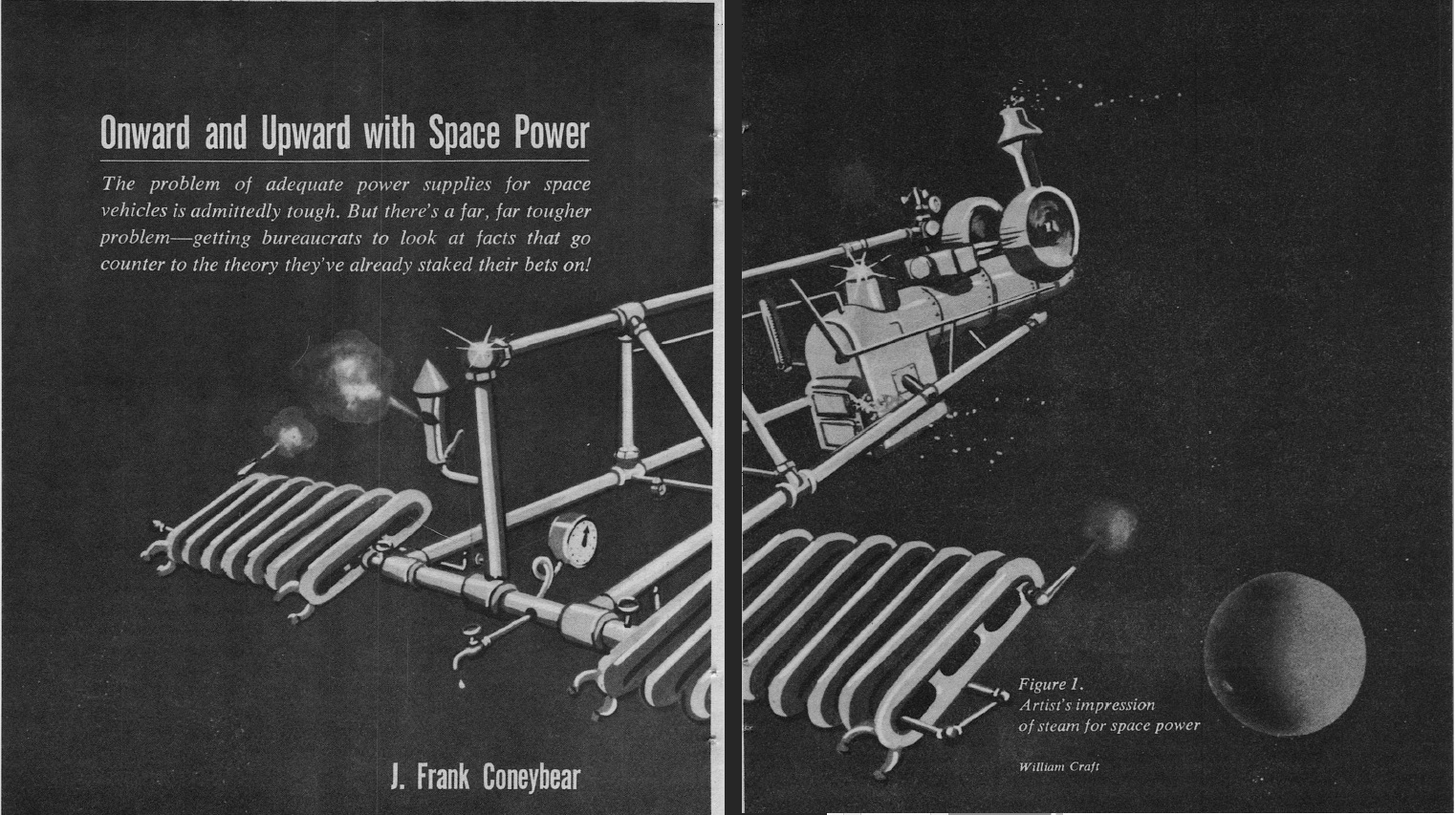
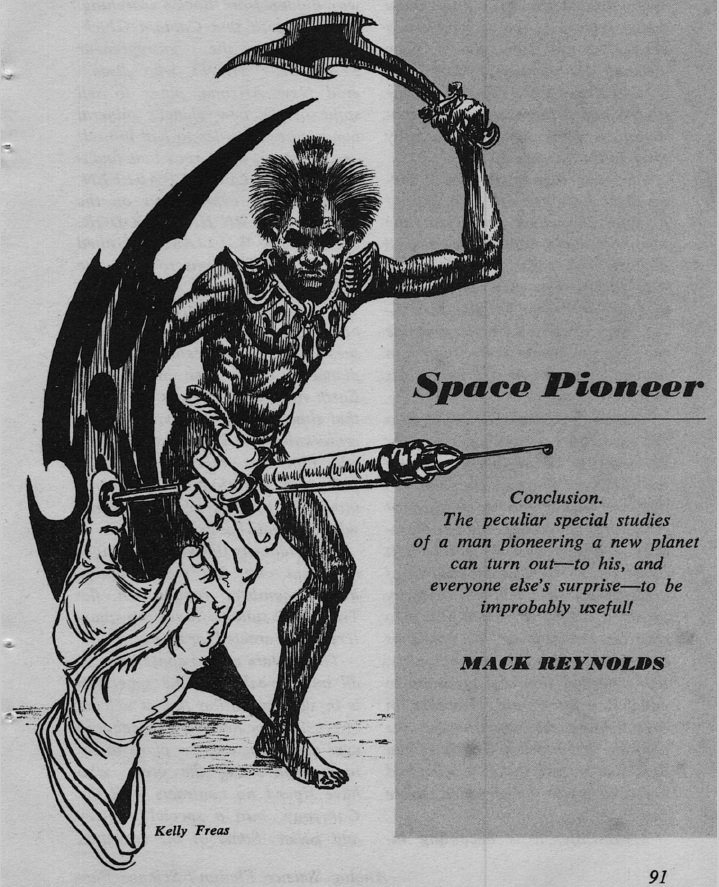


![[September 30, 1965] Big and Little Bangs (October 1965 <i>Analog</i>)](https://galacticjourney.org/wp-content/uploads/2020/09/650930cover-672x372.jpg)




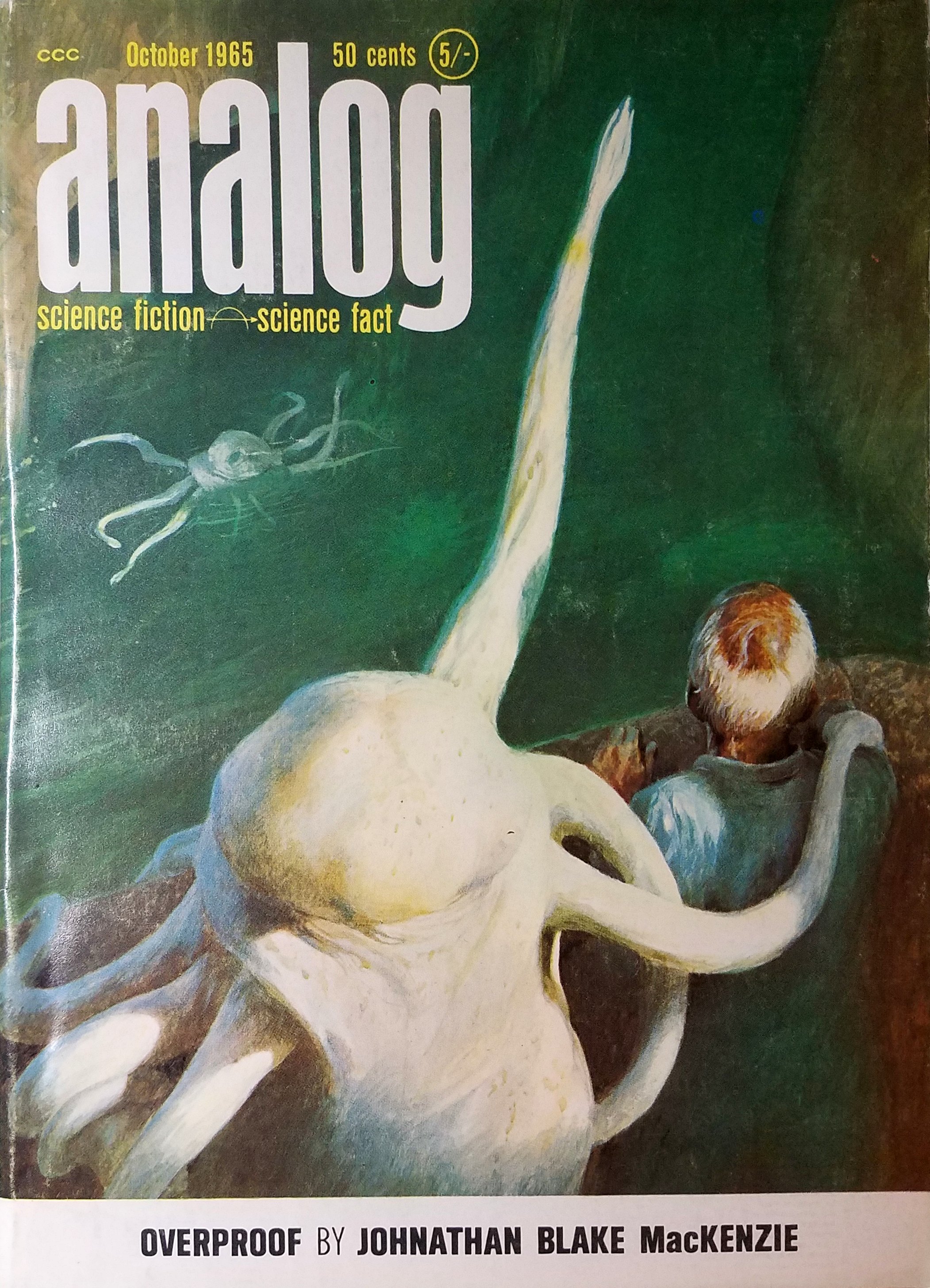
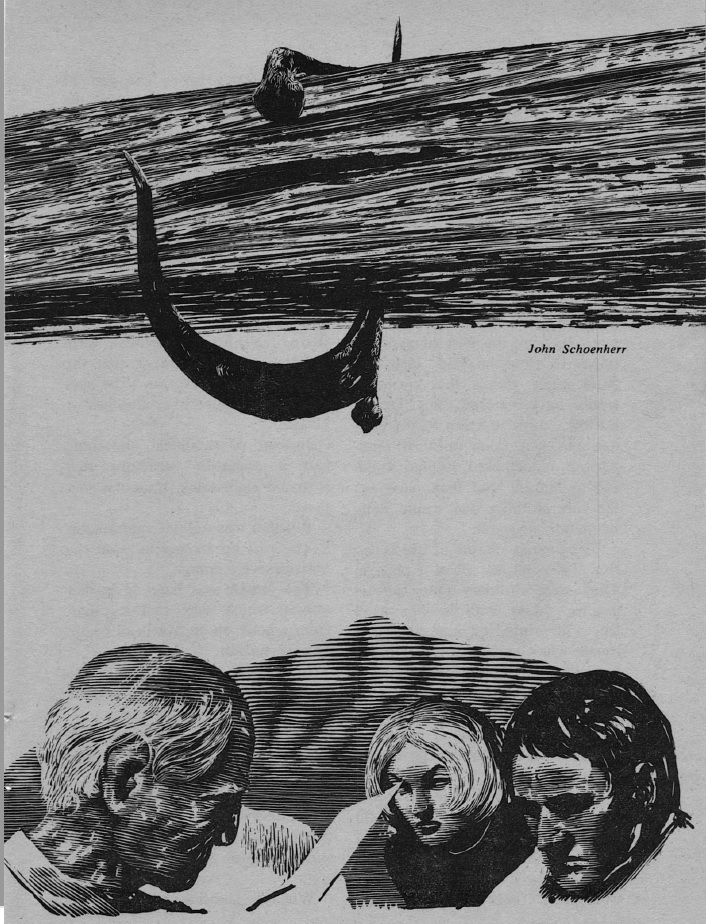
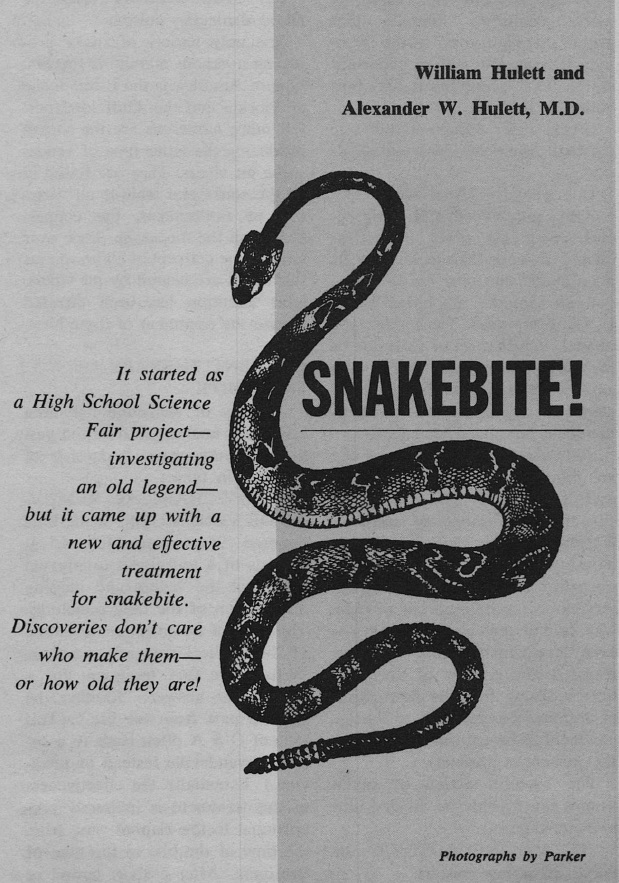
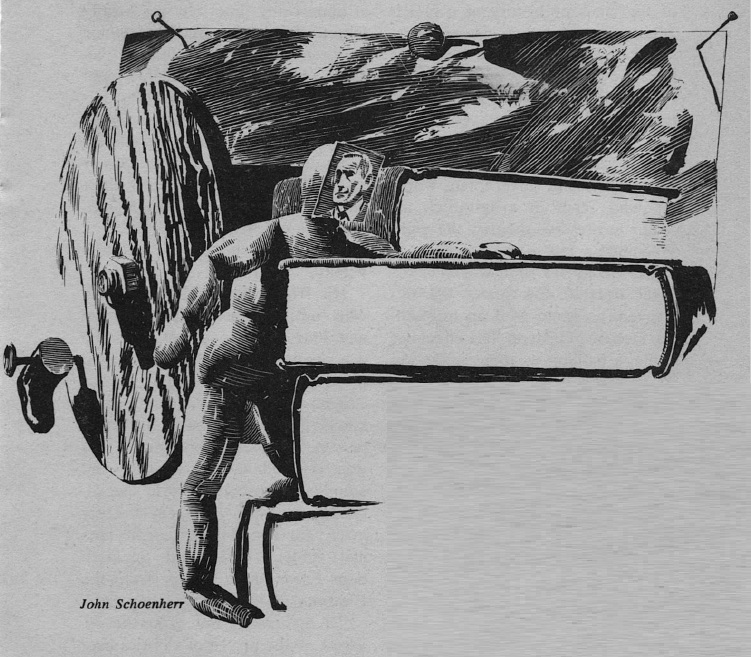
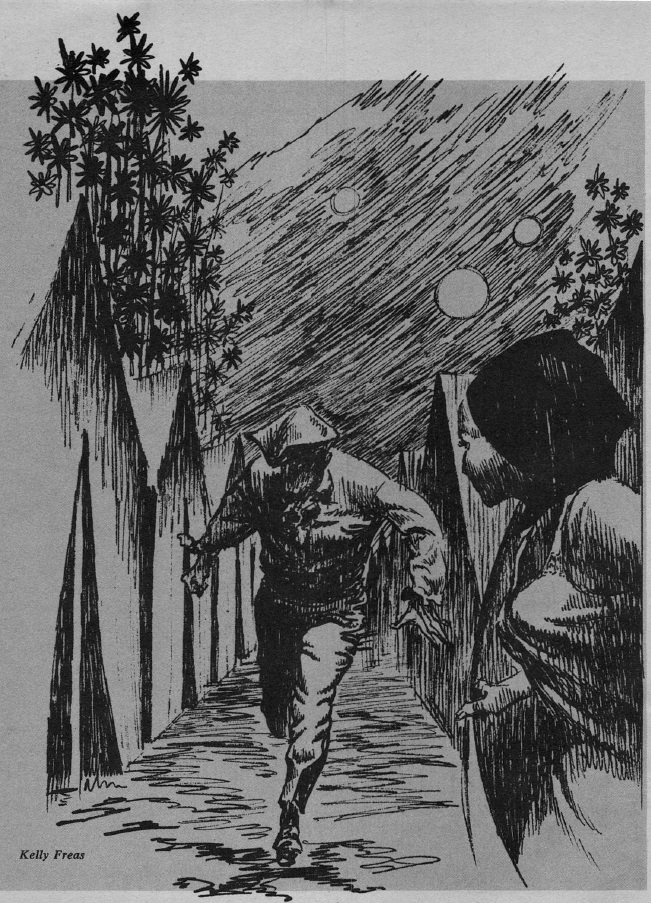


![[August 26, 1965] Stag Party (September 1965 <i>Analog</i>)](https://galacticjourney.org/wp-content/uploads/2020/08/650828cover-396x372.jpg)
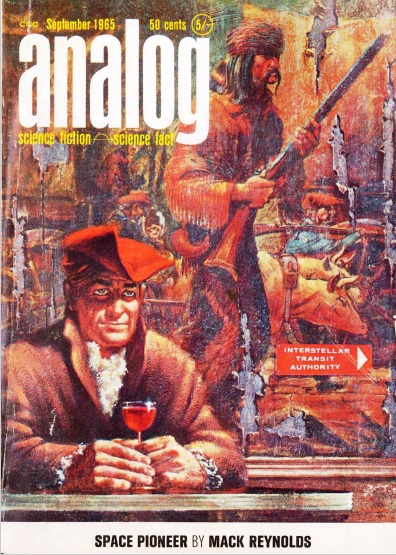
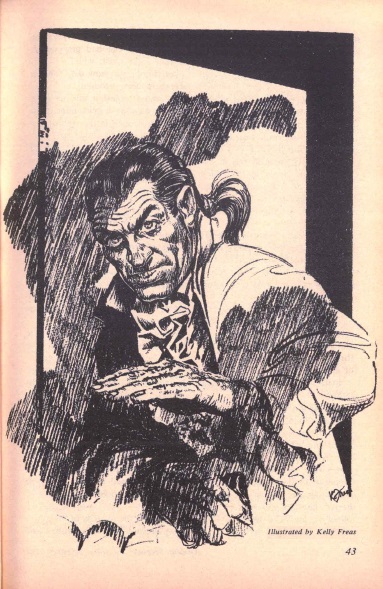
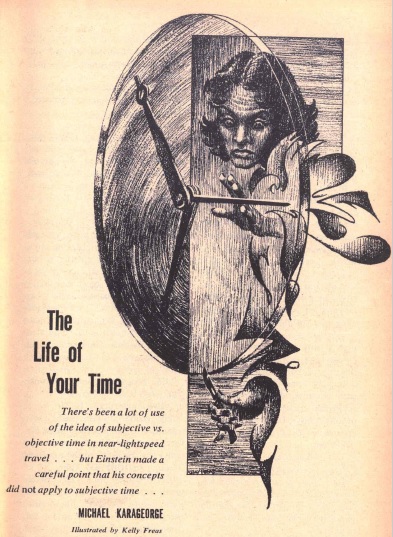

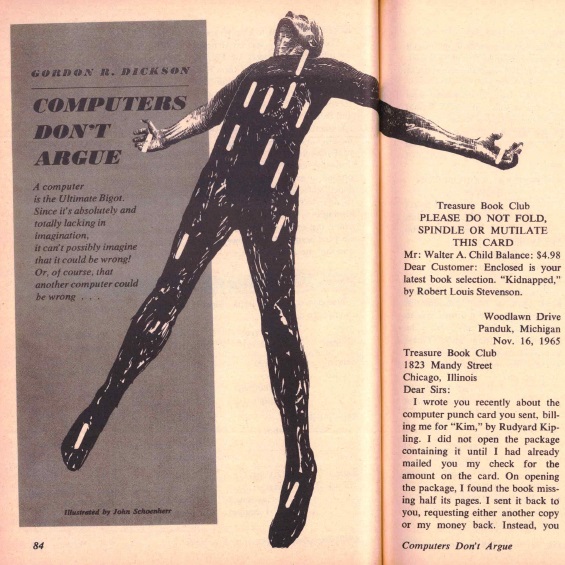
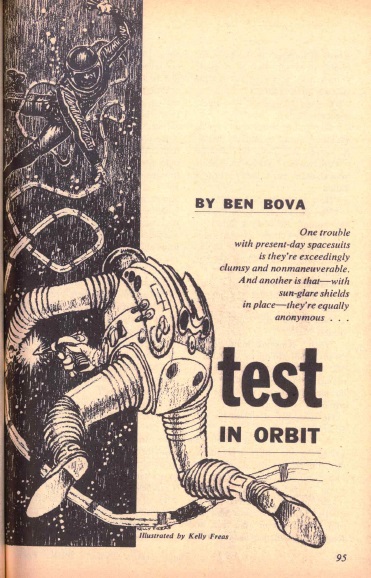

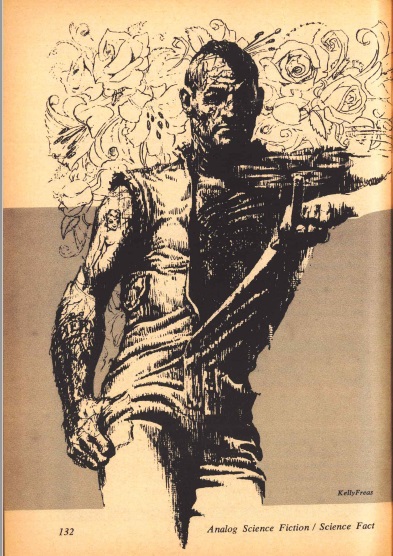

![[June 30, 1965] Every Day has its Dog (July 1965 <i>Analog</i>)](https://galacticjourney.org/wp-content/uploads/2020/06/650630cover-672x372.jpg)





